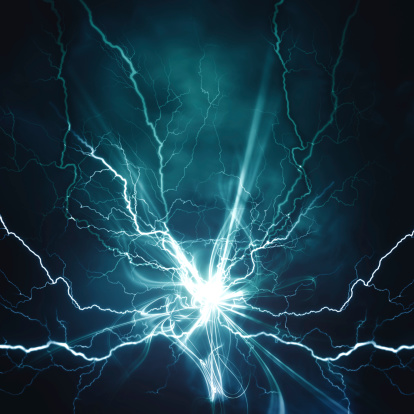HVAC maintenance will not only increase your unit’s life, but will also ensure it performs efficiently at all times. As technology advances, the cost of installing HVAC systems seems to be going up. Without proper maintenance, you might end up spending hundreds of dollars on repairs, or in worst case scenarios, replacing a badly damaged HVAC system.
Powers surges can occur at any time, whether it is due to lightning strikes or issues with power grids. The damage caused by power surges can either interfere with your unit’s normal operations or completely destroy it.
A few years ago, HVAC systems were less likely to get damaged by power surges since they came with fewer parts. It was also easier for you to identify the severity of the damage done by power surges in older models than it is with newer ones. This is mainly because newer units are made using printed circuit boards which are more vulnerable to surges.
Surges will affect your HVAC unit differently. Some will destroy your unit instantly while others will slowly damage the components of your system and eventually damage it completely. The damage caused by power surges can be devastating. In some cases, the damage is irreparable and you’d be forced to spend more money on replacement.
When it comes to selecting HVAC surge protectors, you’ll have two main options to choose from. There is the individual surge protectors which are plugged into outlets in your house before plugging in an electronic device and there is the whole-house system. When using individual surge protectors, you’ll need to use different ones for each device in your home.
The other type of surge protector is the whole-house surge protector. This one is fixed at your breaker box and will protect your entire home against excessive electrical currents. While this one will cost you more to install, it will save you more money on protecting your devices since you don’t need additional surge protectors for indoor use.
In order to determine the level of protection needed for your HVAC system, it would be best if you got help from a professional air conditioning expert. Follow us for more great articles on heating, air conditioning and home needs.

